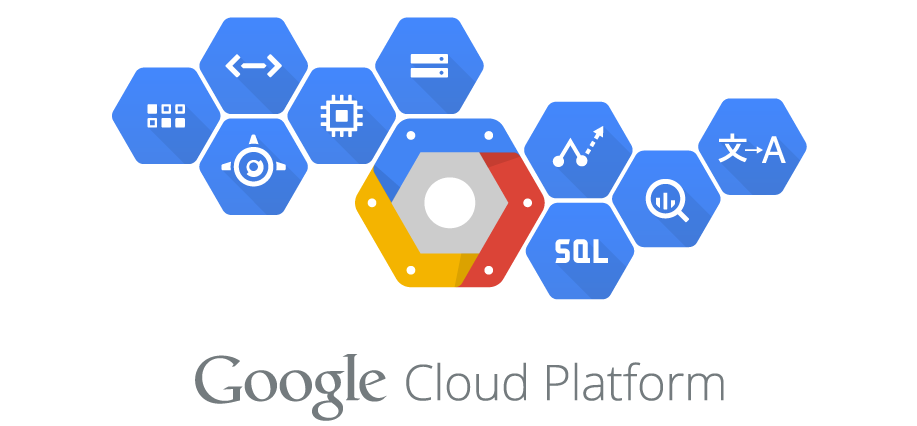As the name implies, Google Cloud Platform is a cloud computing service by Google. It offers a scalable range of developer products to build programs from simple websites to complex applications. Generally speaking, Google Cloud Platform covers application, storage and computing services for backend, mobile and web solutions.
Google Cloud and Its Benefits
Here's a quick list of benefits of using Google Cloud Platform

- Budget friendly
The pricing model that includes sustained-use discounts and per-minute billing has benefitted its users in many ways. Similar to the pay-as-you-go idea, per-minute billing starts with a 10-minute minimum and bills per minute for the following time. As for the sustained-use discounts, users receive a discount after a particular instance is used for more than 25% of a month.
- Cloud Debugger
This feature lets users inspect the state of an application at any code location without using logging statements. This service provides users with the option to assess and debug code in production. A watchpoint is set on a line of code so that developers will get the variables and parameters [of that code] whenever a server request hits that line of code.
- Cloud Trace
The unique feature of Cloud Trace enables users to troubleshoot performance issues in their production applications. User can determine changes in their application’s latency with the automatic tracing and performance analysis for all App Engine projects.
- Hosting
Two hosting options available on the cloud platform: the App Engine, which is their Platform-as-a-Service and Compute Engine as an Infrastructure-as-a-Service. Google Cloud Platform offers services and infrastructure that enable user to develop and deploy scalable applications and websites.
- Andromeda
The networking tools and services of Google Cloud Platform are based on Andromeda, which is the network virtualization stack of Google. Google can create end-to-end solutions without compromising functionality with the access to the full stack. In short, it is the orchestration point for provisioning, configuring, and managing virtual networks and in-network packet processing.
- Containers
In a PaaS situation, Containers are particularly useful because they aid in speeding deployment and scaling apps. Google provides its open source container scheduler known as Kubernetes to provide management for Docker containers.
- Big Data
The Google Cloud Platform offers a full big data solution that lets user to capture, process, and store and analyze their data within a single platform. Two unique tools for big data processing and analysis on Google Cloud Platform: BigQuery and Google Cloud Dataflow.
- Load balancing
Google Cloud Platform load offers global load balancing for HTTP(S) requests destined for user’s instances. It improves latency by connecting users to the closest Cloud Platform location.
Google Cloud Platform has grown into one of the leading cloud computing platforms ever since its humble beginning with Google App Engine in 2008. Though Google offers similar functionalities of AWS and Azure, its big data tools, machine learning initiatives, and container support make it stands from the crowd.
